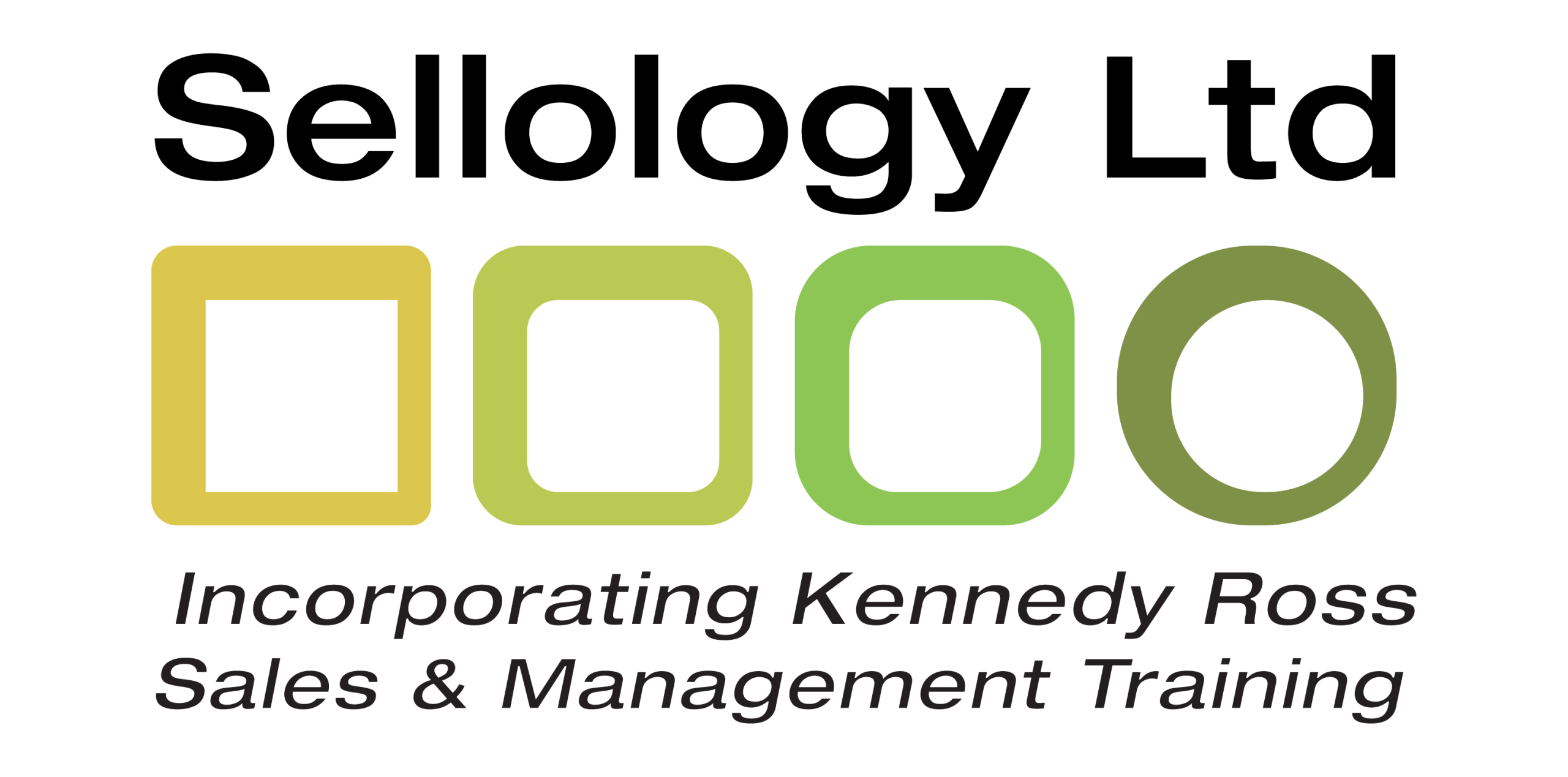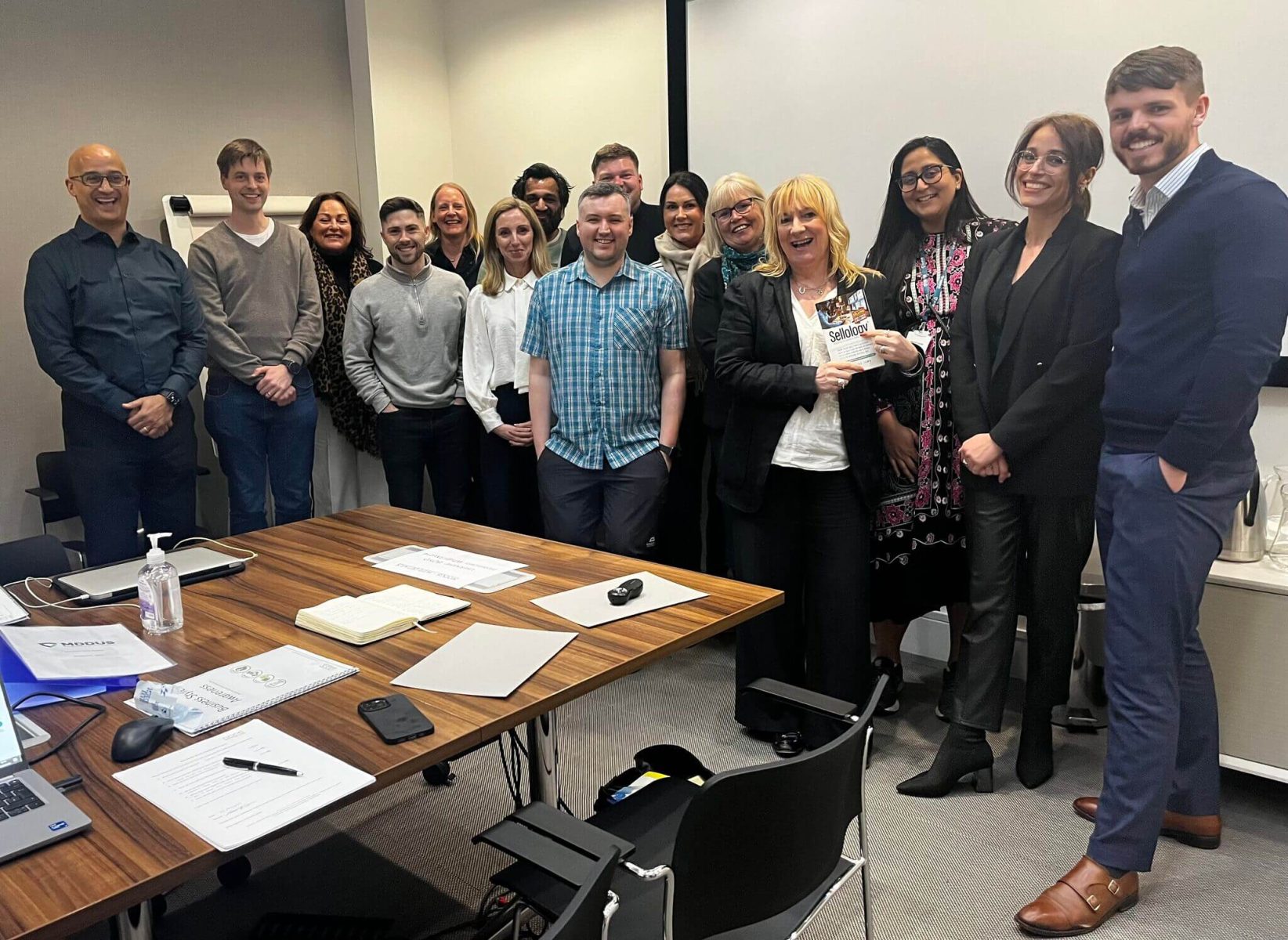
Best Sales Training Courses for Building Long-Term Client Relationships
22nd November 2024
Powerful Pitching Workshops for Sales Teams That Deliver Results
13th January 2025Running a small business isn’t for the faint of heart. Budgets are stretched, competition is everywhere, and one weak sales month can hurt far more than it would for a bigger company. That’s why training isn’t a “nice to have.” For smaller firms, it can be the difference between scraping by and really thriving.
Let’s be honest: products don’t sell themselves. Customers buy from people. They buy when the conversation makes sense, when they feel understood, and when the person in front of them seems confident in what they’re offering. That’s where sales training comes in. It takes enthusiasm and turns it into something consistent, something that actually delivers results.
The Importance of Sales Training for Small Businesses
Small companies rarely get do-overs. If a pitch goes badly, that prospect may be lost for good. That’s why sales skills training for small businesses is so powerful. It gives teams the tools to make every conversation count.
The improvements show up quickly. People learn how to listen properly, ask the right kind of questions, and handle pushback without freezing. Customers notice the difference straight away. Instead of feeling like they’re being “sold to,” they feel understood. That trust makes closing deals much easier.
Training also lines up the whole team. Instead of everyone improvising their own way, staff start following a shared approach. Selling stops feeling like guesswork. It becomes a process the business can rely on.
Kennedy Ross: Transforming Small Business Sales
Some providers give you slides, theory, and a few buzzwords. Then they’re gone. That kind of training doesn’t stick. Small businesses need something more direct — practical skills, real examples, and the chance to practise in a safe space.
That’s exactly what Kennedy Ross deliver. Their workshops focus on the real challenges small firms face: limited resources, constant competition, and the need to get results fast.
Sessions are hands-on. Staff practise live, test approaches, and get feedback in the moment. It’s not about memorising a pitch. It’s about learning how to explain value clearly, respond to objections with ease, and earn the client’s trust.
And the impact? Teams sound sharper, clients engage more, and closing deals feels far less stressful. Confidence builds momentum — and momentum changes everything.
Building a Sales-Focused Culture
One-off training can light a spark. But long-term change happens when selling becomes part of the culture. That doesn’t mean everyone turns into a pushy salesperson. It means the whole business starts seeing the importance of how they speak to customers.
This mindset grows when training continues. Sales methods evolve, customer expectations rise, and digital tools open new opportunities every year. Businesses that keep learning stay relevant. Those that don’t risk falling behind.
Sometimes the shifts are small: suggesting an add-on at checkout, following up an enquiry without sounding pushy. Other times, they’re bigger: approaching larger accounts, pitching with more authority, or moving into new markets. Whatever the scale, businesses that embed learning into their culture see the benefits long after a workshop ends.
Real-Life Impact: Success Stories
The numbers tell the story best.
One small retailer trained their team with simple, practical sessions. Within months, sales were up by 25%. Same stock, same shop, but a more confident staff who spoke to customers differently.
Another case? A startup selling eco-friendly products. Their team had the passion but hesitated with larger clients. After training, they started pitching to bigger accounts, won contracts they’d once avoided, and expanded their reach far beyond what they thought possible.
These aren’t isolated cases. They’re proof that training tailored to a business’s real needs creates measurable growth.
Adapting Sales Training to Unique Business Needs
No two small businesses are the same. A bakery, a consultancy, and a tech startup each face different challenges. That’s why generic programmes fall flat.
Custom training solves that problem. For a bakery, the focus might be upselling and customer service. For a startup, it could be lead generation and negotiation. The point is simple: the training has to fit the business, not the other way around.
Providers who take time to understand a company’s goals deliver training that actually works. That’s when small firms see real returns — not just better pitches, but a stronger business overall.
The Long-Term Benefits of Sales Training
Quick wins are nice. But the real value of sales training shows up over time. Trained teams stay motivated. Customers come back. The business builds a reputation that carries it forward.
There’s also the retention factor. Small businesses can’t afford constant staff turnover. It’s expensive, disruptive, and damaging to morale. Training helps keep good people by showing them they’re valued and giving them the tools to succeed. Confident staff stick around, and stability fuels growth.
Why Now Is the Time to Act
Markets don’t wait. Competitors innovate, customer expectations grow, and the businesses that delay often regret it later. Investing in training now prepares small teams for what’s ahead. It’s not just about surviving another quarter — it’s about building a foundation for the next five years.
Conclusion
The secret to thriving as a small business isn’t luck. It’s about preparation, discipline, and giving people the tools to succeed.
With sales skills training for small businesses, companies can sharpen their approach, align their teams, and boost confidence where it matters most — in front of customers. And with the guidance of Kennedy Ross, they don’t just survive. They thrive.




